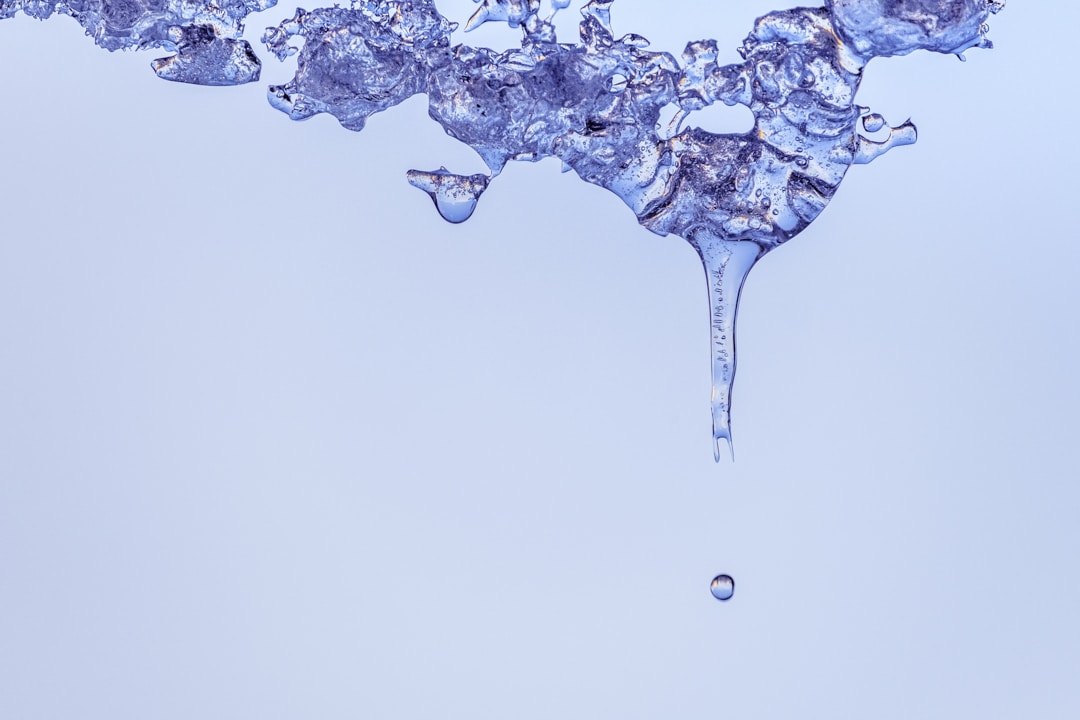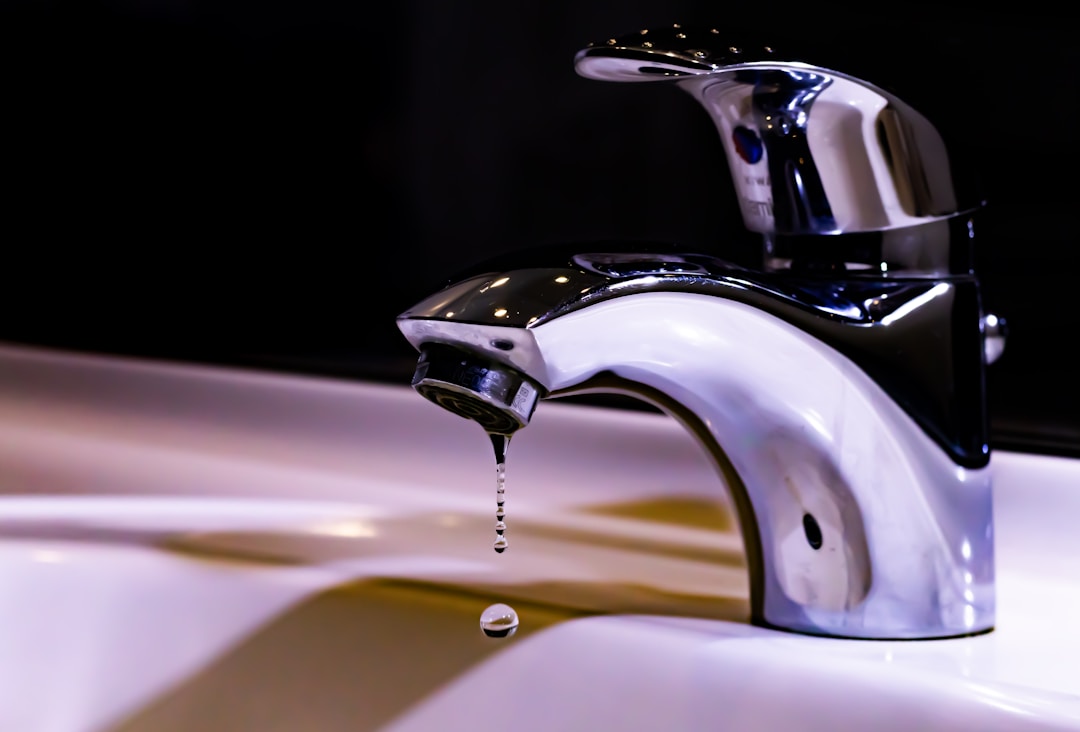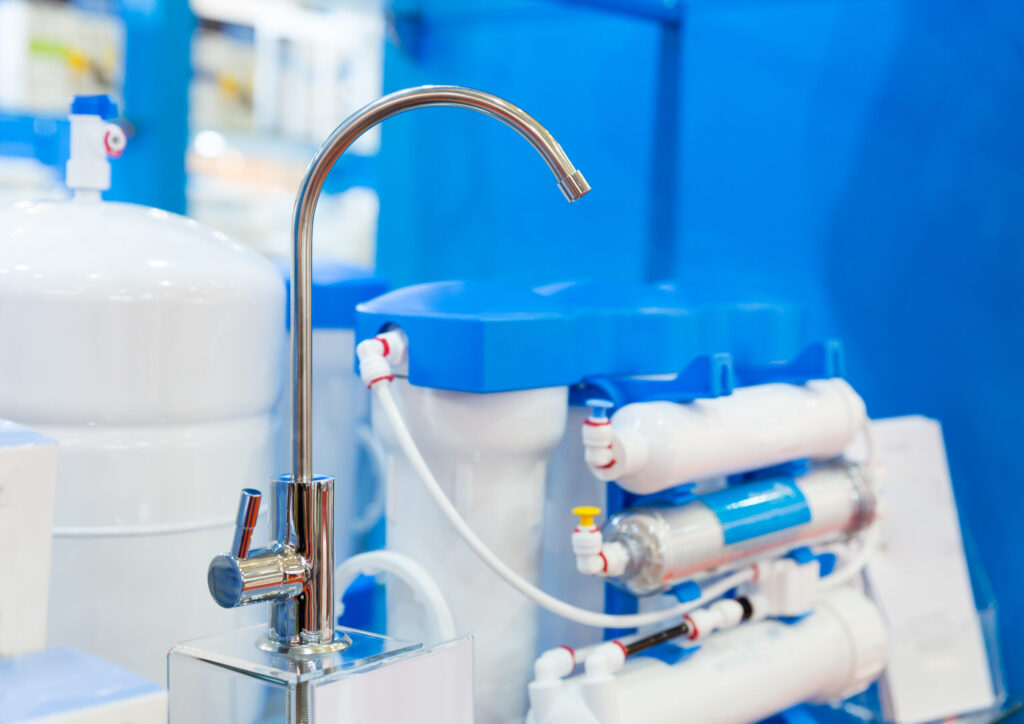The crucial role of water in various industrial processes cannot be overlooked. Whether it’s used for cooling, heating, cleaning, or as an ingredient, water quality plays a significant role in the proper functioning of equipment, process efficiency, and product quality. Below, we delve into the complex world of industrial and commercial water treatment systems.
Understanding Water Treatment Systems

The primary aim of an industrial and commercial water treatment system is to enhance water quality to meet the needs of specified applications. Water treatment involves several processes aimed at removing harmful substances, reducing hardness, and purifying water to make it suitable for specific industrial and commercial uses. The water treatment process is a combination of filtration, softening, demineralization, disinfection, and desalination procedures. Water used in industries and commercial establishments must often meet stringent quality standards to safeguard public health and protect equipment prone to scale build-up, corrosion, and fouling.
There are various types of water treatment systems designed to cater to specific needs. These range from reverse osmosis, ultrafiltration, and ultraviolet disinfection to activated carbon filtration, deionization, and biocide treatments. Each type serves a unique role in the water treatment process, and their selection is largely dependent on the source and intended use of the water. For instance, reverse osmosis is ideal for desalination, while ultraviolet disinfection is efficient for eliminating pathogens.
Determining the most effective treatment method requires thorough water testing and an understanding of the specific contaminants present. In many cases, a combination of several processes may be necessary to achieve the desired water quality. For example, the process found at osmonicsrosystem.com combines reverse osmosis, filtration, and UV disinfection for comprehensive water treatment solutions.
The Importance of Water Quality in Industries
Water quality has a direct impact on industrial operations and the lifespan of equipment. Hard water, high in calcium and magnesium, can lead to scaling in boilers, cooling systems, and other heat exchange equipment. This scale build-up not only reduces the equipment’s efficiency but may also lead to early equipment failure, resulting in high replacement and maintenance costs.
The presence of bacteria, viruses, and other microorganisms in water can pose health risks, especially in industries involved in food production or processing. For instance, in the brewing industry, water accounts for over 90% of the final product. Any change in water quality can directly affect the taste, color, clarity, and aroma of the beer.
In addition, poor water quality can impact the performance and longevity of equipment. For instance, the presence of dissolved iron, sulfates, and chloride ions in water can accelerate the rate of corrosion in metallic equipment, leading to equipment damage, process failures, and costly downtime.
Types of Water Treatment Systems

One of the most common types is the activated carbon filtration system. This system uses activated carbon to remove impurities and contaminants from the water. The activated carbon has a large surface area that helps in trapping and adsorbing chemicals, pesticides, and herbicides, as well as improving the taste and odor of the water. Activated carbon filtration systems are relatively cost-effective and easy to maintain.
Another type of water treatment system is the osmonics reverse osmosis system. These reverse osmosis systems utilize a semi-permeable membrane to remove impurities such as salts, minerals, and heavy metals from the water. Reverse osmosis systems are highly effective in purifying water, providing a high-quality output that is suitable for drinking and cooking. However, they tend to waste a significant amount of water during the filtration process, and the membranes require regular replacement.
Ion exchange water treatment systems are commonly used to soften water by removing minerals like calcium and magnesium that cause hardness. This system works by exchanging the minerals with sodium or potassium ions. Ion exchange systems are effective in reducing scale buildup in pipes and appliances, improving soap lathering, and extending the lifespan of water heaters and other appliances.
Ultraviolet (UV) disinfection systems use UV light to kill harmful microorganisms in the water. UV disinfection is a chemical-free method that doesn’t alter the taste, odor, or pH of the water. It is effective against bacteria, viruses, and parasites, making it a popular choice for water treatment in settings where microbial contamination is a concern. However, UV disinfection systems don’t remove other contaminants like chemicals or heavy metals, so they are often used in conjunction with other water treatment methods.
Overall, water plays an indispensable role in various industrial and commercial processes, making its quality a matter of utmost importance. Comprehensive water treatment systems help to augment water quality, maintain equipment longevity, uphold health standards, and optimize industrial operations. Choosing the right water treatment system for your application can serve as a viable long-term investment, promoting sustainability while protecting your bottom line.








